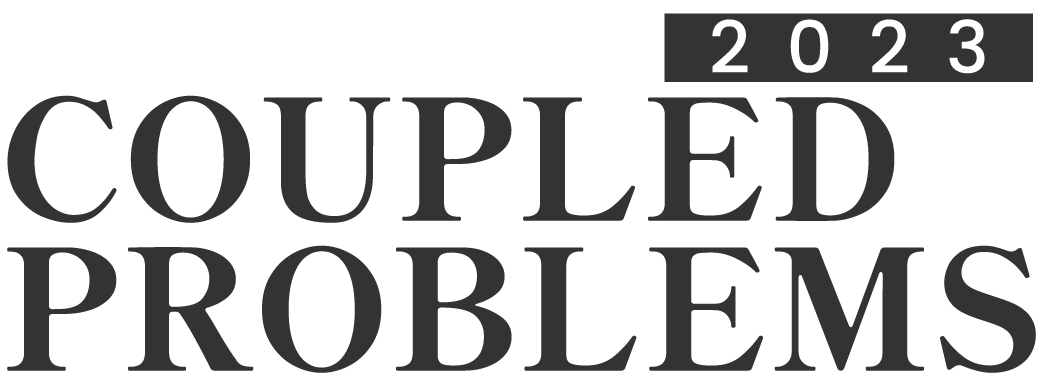

Modelling thawing-triggered landslides using a multi-physics SPH framework
Please login to view abstract download link
Thawing-triggered slope failures and landslides are a growing concern in cold regions owing to the ongoing climate change, leading to a significant interest in the research community to study and predict the behaviour of frozen soils in recent years. However, predictions of these phenomena are challenging for computational simulations because they involve the complex behaviour of different phases (i.e., soil, water, ice, air), their interactions and phase transformation (i.e., water frosting and ice melting). Several advanced mathematical models have been developed to tackle these challenging problems. Interestingly, most of these developments are either demonstrated at the constitutive level or incorporated in the standard finite element method (FEM), which is limited to small-deformation problems. On the other hand, rapid mass movements, such as debris flows or debris slides, have been reported as typical failure mechanisms caused by thawing permafrost [1-2]. Modelling and predicting these phenomena are beyond the capability of the standard FEM and thus require an advanced computational framework capable of handling the fully coupled thermal-hydro-mechanical (THM) process, along with the large-deformation and flow-failure behaviour of unfrozen soils, all of which are discussed in this talk. In particular, we will present our early attempt to tackle this challenging problem using recent advances in our multi-phase and multi-physics modelling using the smooth particle hydrodynamics (SPH) method for predicting large deformation and flow-failure behaviour of geomaterials [3-5]. For simplicity, frozen soils are considered as a tri-phase mixture (i.e., soil, water and ice) and a robust mathematical framework to describe the fully coupled THM process in this system is revisited within the continuum mixture theory and solved using the advanced THM-SPH framework. A new constitutive model for frozen soils will be proposed to capture the transition response of frozen soils due to thawing action (i.e., from frozen to unfrozen soils). Several numerical verifications and demonstrations of the proposed computational framework will be presented to highlight the usefulness of advanced computational frameworks in addressing challenging problems involving thawing-induced large deformation and failures of slope and thawing settlement/consolidation for engineering scale applications.

